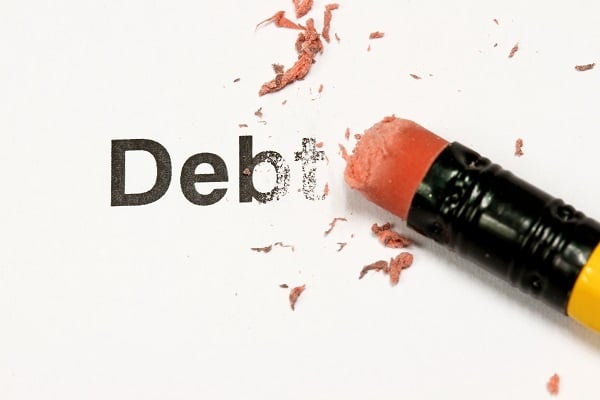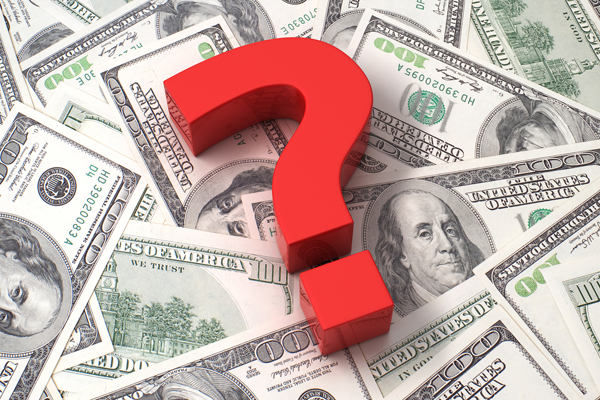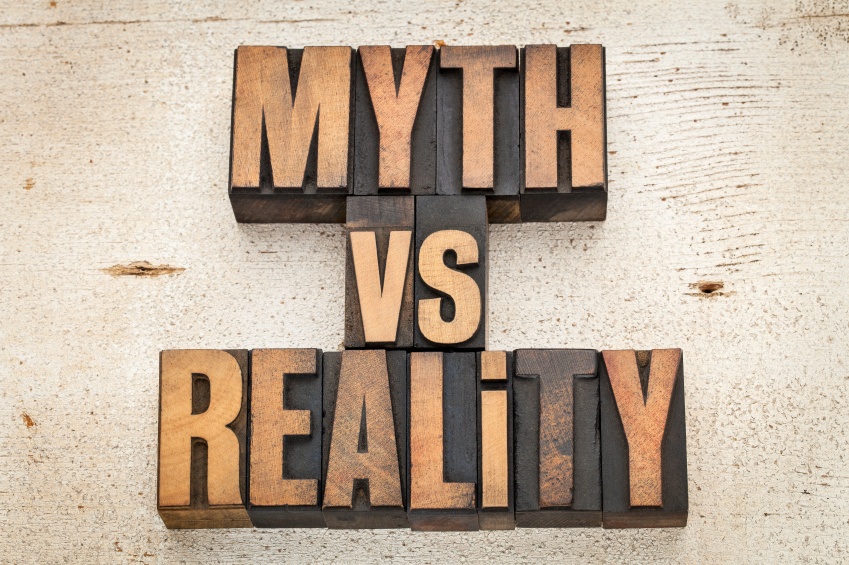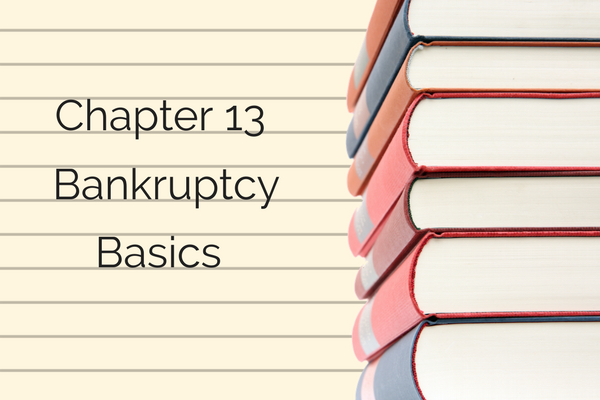Chapter 7 Bankruptcy is a bankruptcy where you do not make payments back to your creditors. Instead, your liability on the debt id “discharged” in bankruptcy. Once discharged in bankruptcy, you are no longer liable on the debt, tax free, forever. So while the creditor will write off the debt as a loss on their tax returns, the debt forgiven is not taxable to you under the IRS Code. The IRS Code basically says whatever debt is forgiven as a result of a Title 11 Bankruptcy, which Chapter 7 Bankruptcy is, is not taxable to you. The tax form you should file with your tax return is IRS Form 983.
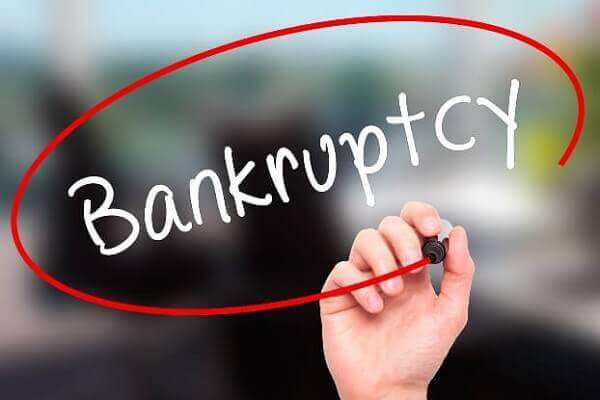
What is Chapter 7 Bankruptcy in English
Chapter 7 Bankruptcy is a bankruptcy where you do not make payments back to your creditors....




